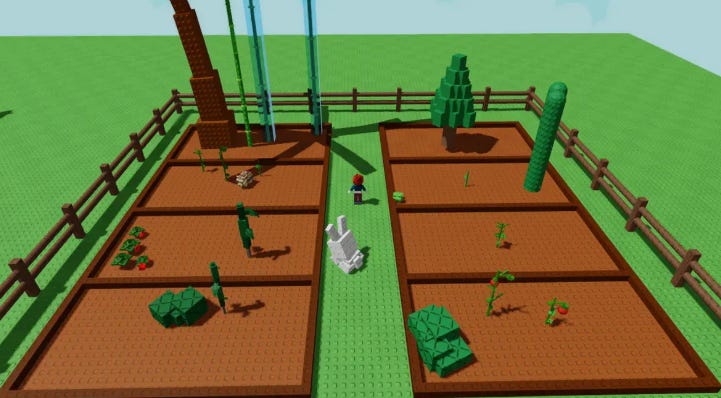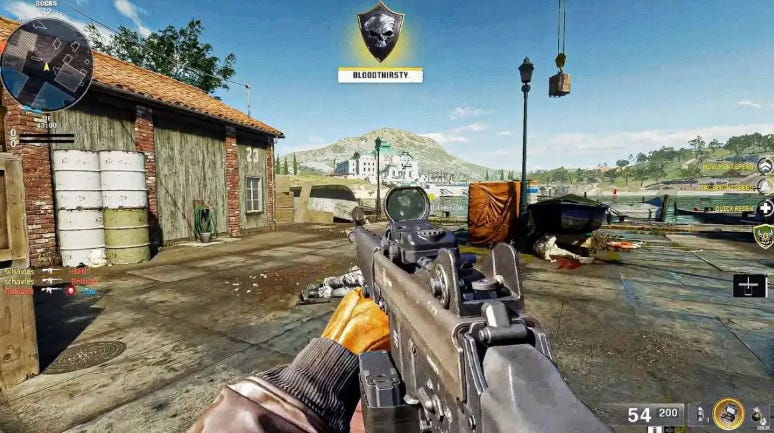The Cost of Success
Opening the discussion on the cost of making games - where we note the reward as well as the risk of bets on game development
In an article by Ryan K. Rigney titled 'The Games Industry is Deprofessionalizing’, Ryan talks to the point of a couple of the high profile closures of big GaaS type games (Concorde, XDefiant, for example) which he uses as a route to argue about how the costs of development correlated against the difficulty of success. He notes that launching a major new IP is doubly hard as older games with big audiences are still holding tightly on to them. This echoes other online discussion/videos I’ve seen where the failure of these big projects is lambasted.
What the article also argues is that it it going to be harder to get a stable job as a developer as a result, because the turbulence and overall shrinking of the industry (or maturing?) rolls onwards. He makes this interesting point on sucsess;
On PC and console in particular, basically no Western game developer has released a hit F2P game since Valorant in 2020.
And yet since this article was published, it happened with Grow a Garden! (Though admittedly its mobile as well as PC and mobile we don’t know the identity of the original creator BMXLux, though they were soon joined by New Zealand based jandel and later Do Big Studios)
(Image - Screenshot from Grow A Garden showing the starting point of a garden with mostly empty planting beds. Picture via BlueStacks.com)
That point aside, what I feel is missing from the thrust of the argument is missing the flip-side; the reward to the risk, of when you do get it right. So yeah, releasing a major title to compete with a Fortnite or Call of Duty is hard (very, very hard). However the reward of getting this right; of a title that might generate $1Billion+ per year in income for years to come. This is a huge prize and in looking at the bets big AAA companies are are going to cost 10s or indeed 100s of $millions to play at this table.
This does not just apply to big GaaS titles; The reward for a major indie hit is also huge and can represent 10x to 100x return on that original development cost. And, like a bet on a GaaS game, most of the entrants into the competition, won’t see any return at all.
Playing the game of gamedev is pretty brutal.
To me, it seems what is being asked in general is, if there are ways we can bring those costs (and therefore, risks) down, and still play at the table, to win?
That is the billion dollar question.
(Image - A FPS view of a player with a weapon from Call of Duty Back Ops 7, screenshot via TwistedVoxel.com)
Thank you for reading!
P.S. This newsletter is a personal one and is done as a personal project and as such is not affiliated with any company that, in my day job, I work with or partner with. Nor do the views I express necessarily reflect any company that, in my day job, I work with or partner with. More on me here.




